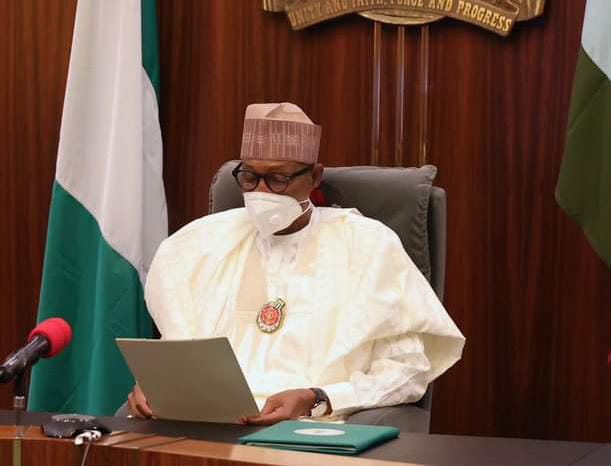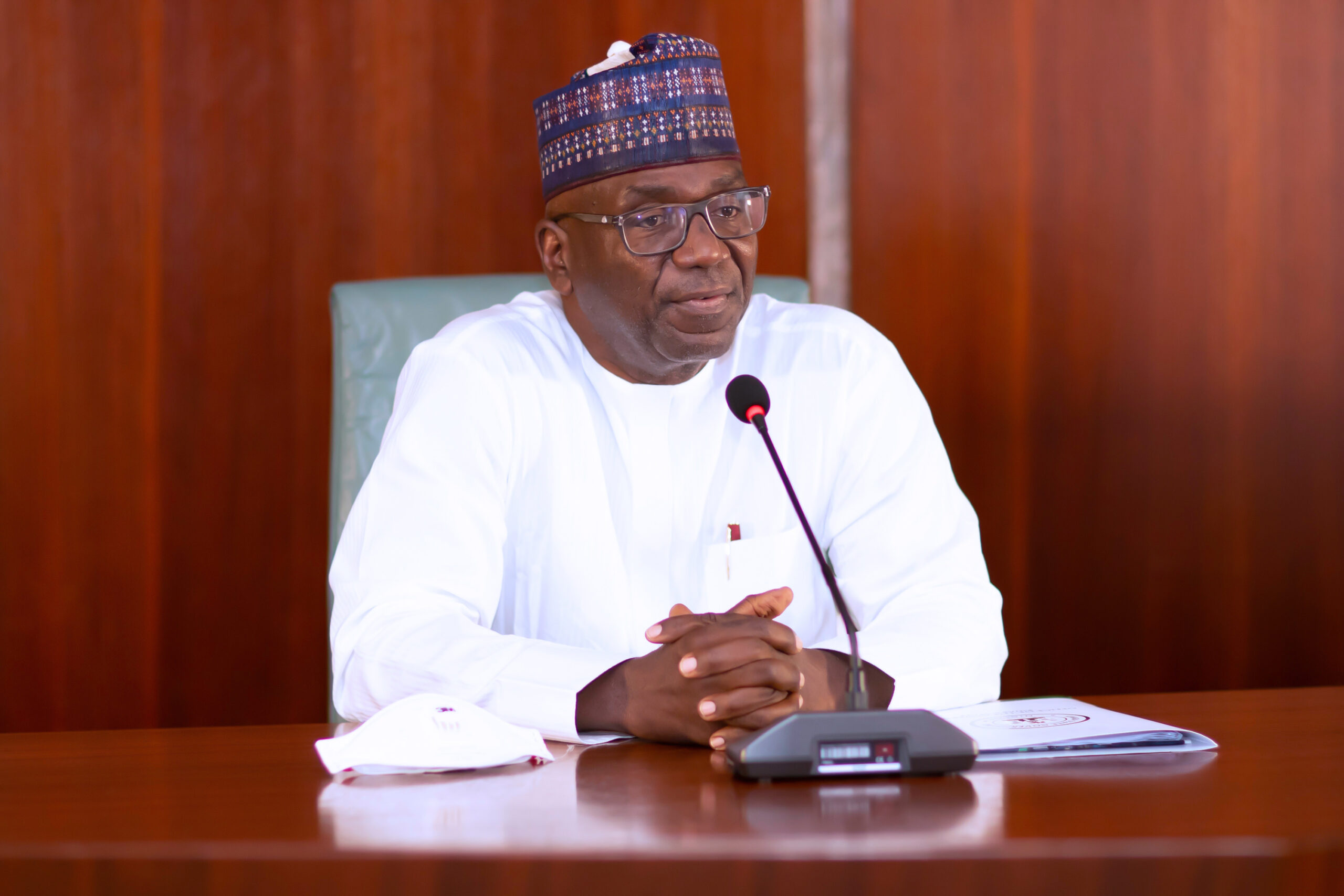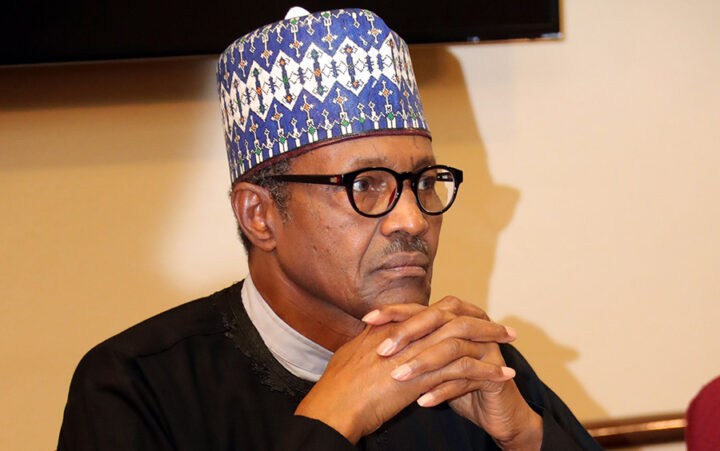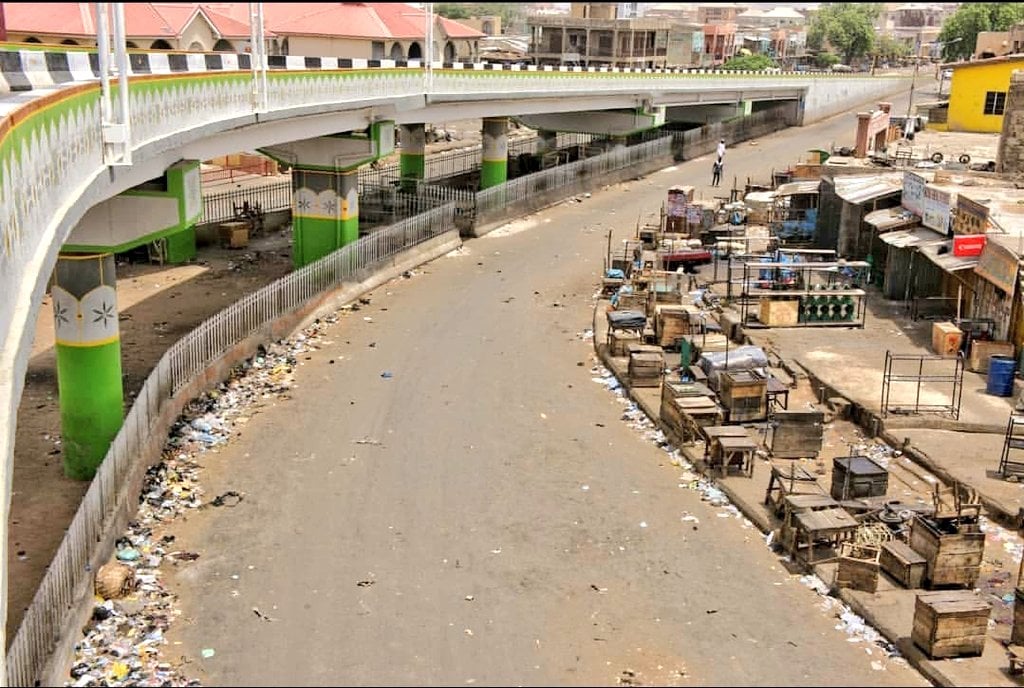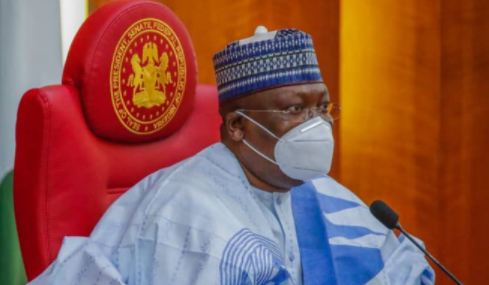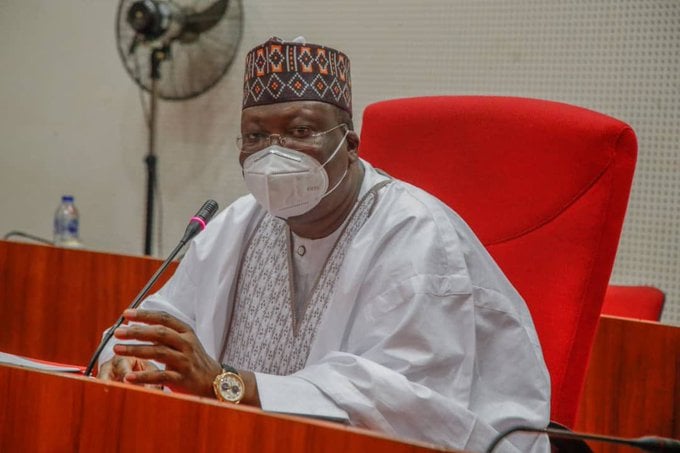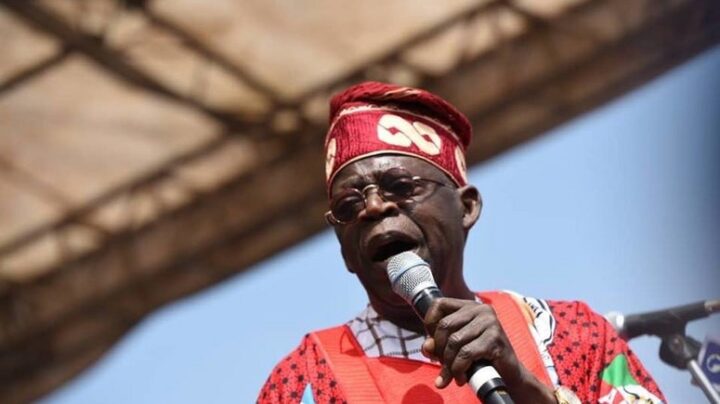BY CARL UMEGBORO
On December 21, 2021, President Muhammadu Buhari alarmingly declined assent to the long-awaited electoral act amendment bill through a letter to Senate President Ahmed Lawan, and his counterpart at the house of representatives, Femi Gbajabiamila. From the tone of the memo, Buhari exuberantly, largely aligned with the act amendments except for the clauses that provided for mandatory direct primaries for all political parties. Discernibly, the president amid the rebuff acknowledged the energies, nonetheless urged the lawmakers to review the objected clauses and also requested it is transmitted back for his assent after review. Least expected, Buhari’s major critic, Samuel Ortom, Benue state governor, overtly backed the president’s decline of assent over the direct primaries.
Irrepressibly, the president’s action has continued to generate controversies in the polity with the civil society organizations (CSOs) threatening fire and brimstone and many public commentators seething over perceived mischiefs and insensitivity. On the whole, three categories of thoughts exist. Whilst one backs the president against mandatory direct primaries, the second group; mostly from opposition parties, endorsed it. Then, the third category which includes Nyesom Wike, Rivers state governor, admitted the flaws but argued that the assent ought to scale through notwithstanding the defects for a review later as Buhari handled the PIB act. This idea isn’t bad, however, the big question is; what will be the fate if after giving assent, the anticipated review hits the brick wall? It must be carefully noted that the electoral act, if flawed, can set the polity ablaze, unlike the PIB act due to vast interests.
In the legislative zone, the experience is not different. While some accepted the development in good faith and progressively prepared for a critical review, the other side seemingly insisted on a supremacy battle to override the president’s veto. However, the leadership of the two chambers so far astutely arrested the situation and opted for wider consultations. Be that as it may, section 59(4) of the 1999 constitution of the Federal Republic of Nigeria as amended provides a window to override the president by the national assembly where he withholds assent to a bill presented to him after 30 days.
Buhari’s divergence is the clause for mandatory direct primaries for political parties citing the financial implications on the Independent National Electoral Commission (INEC) to monitor primary elections across all the wards. There are 8,809 wards in the federation. Buhari also argued that political parties must be given a free hand to determine how to elect their flagbearers within their strength, and also, that security factor must be put into consideration underlining that security agencies could be overstretched in ensuring hitch-free primaries which may overheat the polity.
Advertisement
Ostensibly, many frowned at Buhari’s objection having vetoed the bill earlier in 2018 ahead of the general election principally on grounds of wrong timing. In fact, a lawmaker while reacting on Channels Television fumed that a bill, overwhelmingly passed by the two chambers after legislative processes which he participated in was ‘insensitively’ rejected by the president; just one man. Logically, his concern was an ego thing, widely far from objectivity. Incidentally, that’s the rule of the game – democracy. Besides, the oversight of the lawmakers is glaring as the reasons adduced by the president against adopting mandatory direct primary are compelling.
Possibly, the lawmakers didn’t look at it broadmindedly. For instance, if signed into law, it will require INEC to seek a larger budget on logistics and allowances to monitor primary elections across the 8,809 wards in the country for each political party to validly choose a presidential candidate. Let’s say twenty political parties plan to field presidential candidates respectively, it will require the INEC workforce to go round all the wards for each of registered political parties to ably elect a valid candidate which has a heavy financial implication. To conduct the 2023 general elections alone, INEC demands a whooping N305 billion from the treasury.
Sensibly, for INEC to monitor the primaries of all the political parties across all the wards in the country, the task could push the commission’s budget up to many trillions of naira. Then, where there are security challenges that discourage public gatherings, people must notwithstanding embrace direct primaries at the risk of their lives or end up in an inconclusive primary election. In other words, failure to conduct direct primaries across all the wards may deny a political party an opportunity to field a valid candidate in any election. Deductively, these arguments strongly suggest that mandatory direct primaries could spontaneously, force smaller political parties into extinction due to financial constraints and also create unmanageable logistics and security crises.
Advertisement
Another strong fear is beating the time frame for primaries by political parties. As known, primary elections follow INEC’s timetable, and it is rare to find any political party that produced its candidate without internal squabbles which most times, resulted in late primary election leaving members to resort to any possible means; direct, indirect, or consensus to be able to field a candidate within time. If the law should exclusively endorse mandatory direct primaries, practically, it will lead to inconclusive primaries in virtually all political parties. Thus, the executive’s observation should be cheered. Government is teamwork and that’s the strong reason laws must pass through the two arms – executive and legislature.
In fact, the bureaucracy for INEC to mobilise workforce alone including ad-hoc staff, managerially allocate tasks can frustrate many political parties due to time. It will also put a heavier burden on the judiciary to entertain frivolous lawsuits from the ward level where Direct primary perchance didn’t hold by circumstances beyond the control of political parties. Thus, primary elections should logically, remain flexible and at the discretion of political parties. To be emphatic, the financial implications on the treasury, overstretching security agencies, operability to political parties, and also, overstraining the judiciary are cogent reasons to reconsider the bill in overriding public interest.
Umegboro, ACIArb, is a public affairs analyst and social advocate. He can be reached via 08173184542 (SMS only)
Advertisement
Views expressed by contributors are strictly personal and not of TheCable.
Add a comment
